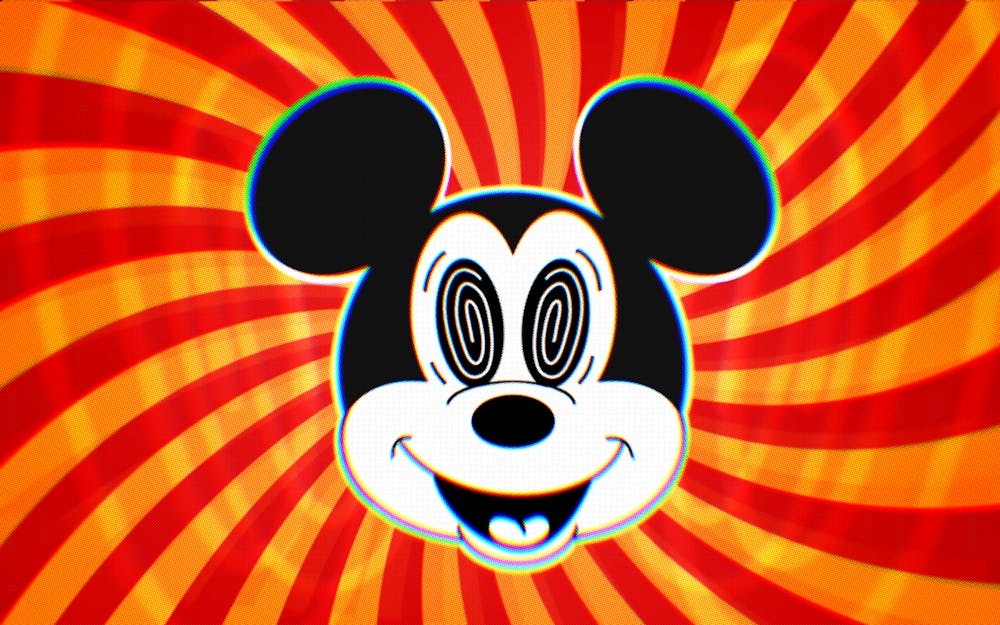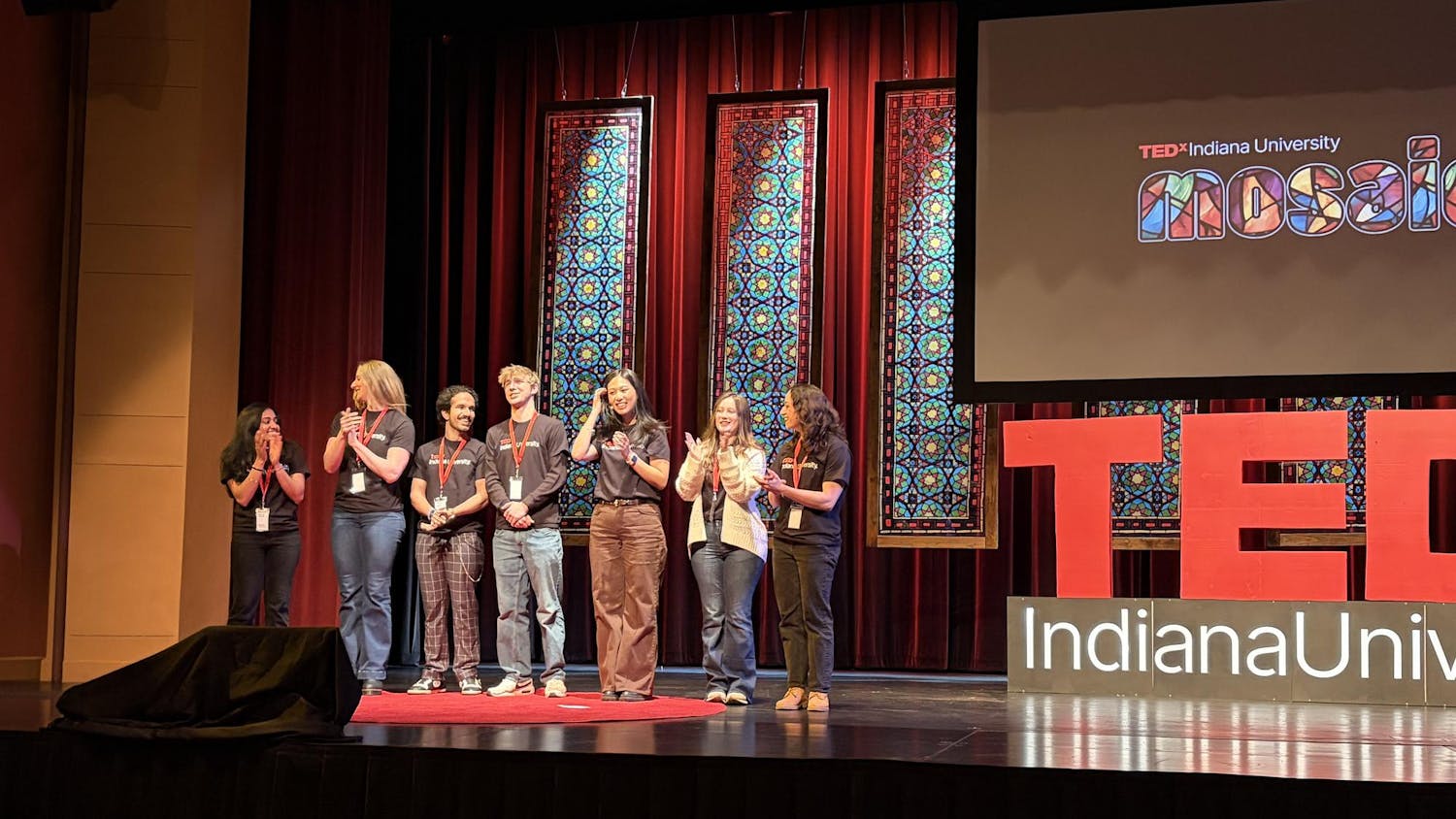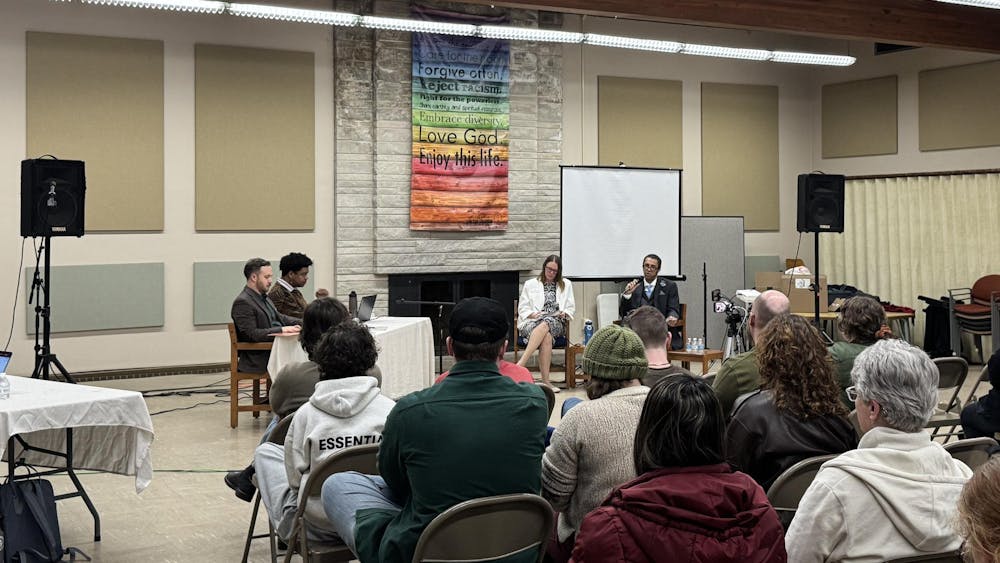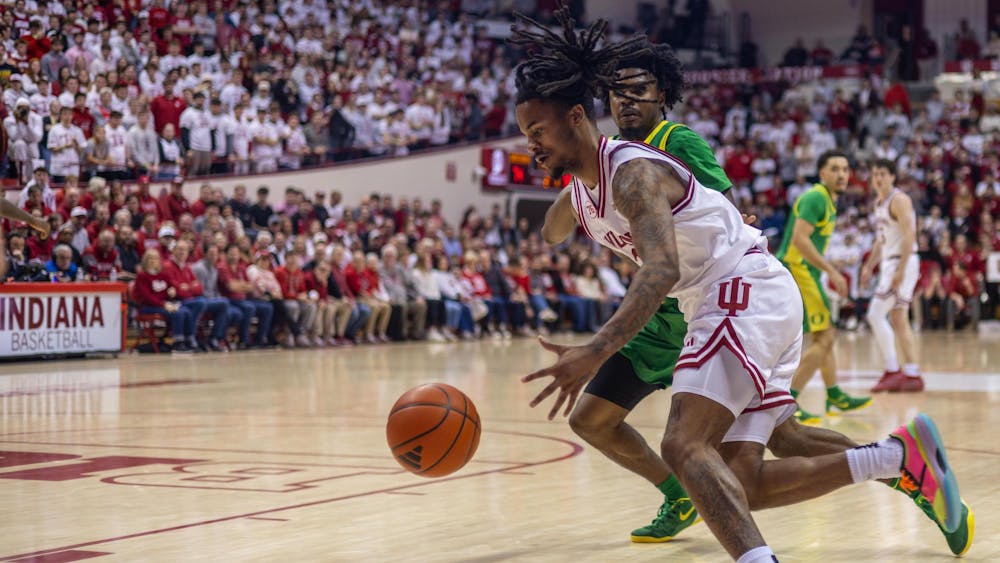Everyone has felt the magic of Disney. Whether it’s watching an old cartoon classic, like "Snow White," or spending a day with family at Disney World, it's hard to find someone who doesn't remember a time where they felt — even for just a moment — that dreams do come true.
But just as we have felt the magic of Disney, the grim price of the company's slowly-growing media dominance is beginning to rear its ugly head.
As of August 2021, Disney owns about 28% of the global media market. This amount is staggering as no matter where you are in the world, Disney-produced media seems unavoidable. And, while this isn't inherently troublesome, the groundwork it lays for potential widescale censorship and manipulation is worrisome.
Much of the content Disney produces, particularly its larger products such as its feature films, are made to prioritize the Chinese market. Disney is one of many American filmmakers found to be actively changing the content of its films in order to secure its place in the Chinese Community Party's strict box office, according to a report published by PEN America, a U.S.-based nonprofit which works go promote free written expression worldwide.
[Related: OPINION: Streaming services are killing the traditional movie theater experience]
Disney's adherence to the CCP's media guidelines is demonstrated in the company's refusal to portray the LGBTQ community in its films. According to a Vanity Fair article, Pixar employees who work under Disney have made claims that company executives reject "nearly every moment of overtly gay affection" that the employees attempt to create within their collective works.
The LGBTQ community is just one of many minority groups that the CCP doesn't allow to be portrayed in Chinese media, a fact that lets us tie these instances of local censorship to the Chinese government's unjust ideals.
While Disney’s censorship of the LGBTQ community can be attributed to corporate greed, it’s also important to consider how it may be a consequence of personal prejudice. According to University of Washington News, 90-95% of people contain some sort of internal prejudice. The handful of individuals that compose Disney’s head of command are not exempt from this statistic, meaning their decisions regarding what their company produces are likely to be tainted by some form of their own internalized bigotry.
Putting so much media influence into the hands of just a few greatly increases the risk of spreading personal prejudice, a threat that only becomes more potent when it arises from Disney’s cultural monolith.
Furthermore, Disney's control over the worldwide market is continuing to grow as it extends its influence into other fields such as those of finance, publishing and property through its investing in various investment companies, publications such as National Geographic Magazine and real estate agencies.
So what risks are posed when the majority of our world is manufactured by one unstoppable entertainment giant? If a politician with a fat enough wallet and an agenda wants to push their ideals onto a lot of people in as many ways as possible, who else is better to call than Disney?
Disney is right: Dreams do come true — just not our own. It's only the dreams of the money-hungry, mouse-eared corporate overlords that rule over us that can make their selfish fantasies a reality.
Keegan Shoemaker (he/him) is a junior studying English.






